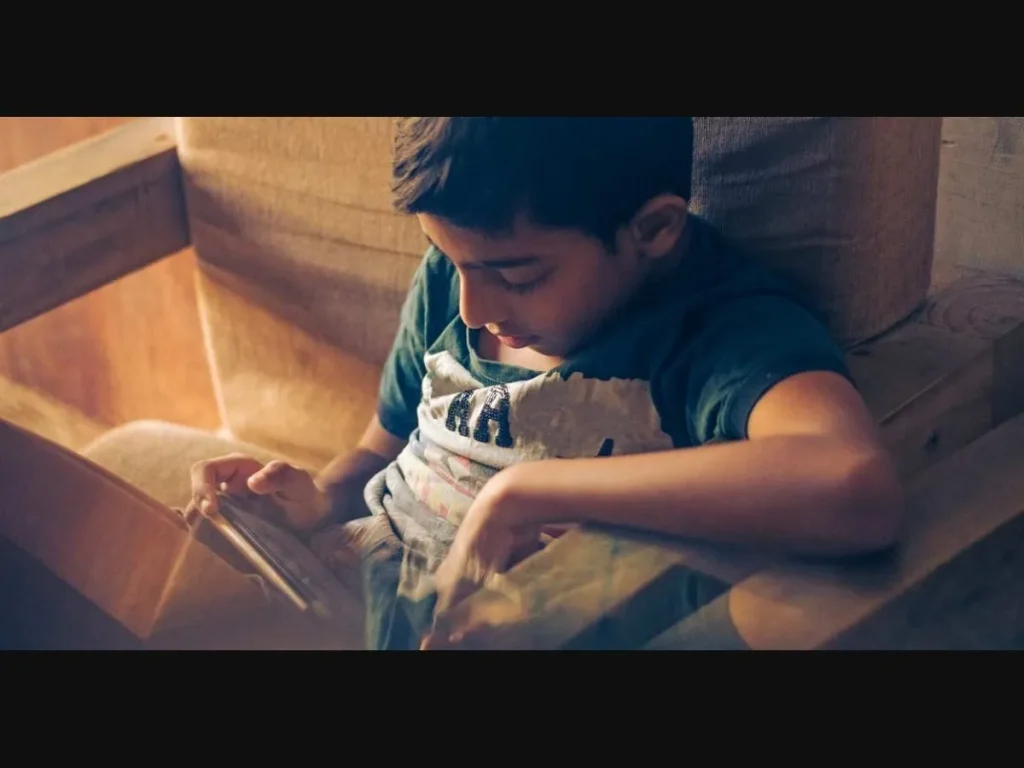The Kerala Directorate of Higher Secondary Education has banned the sharing of study materials via social media platforms like WhatsApp. This move is aimed at keeping the learning process classroom-centred and reducing the reliance on digital resources. The ban also includes prohibiting the printing of study notes shared digitally. To ensure compliance, regional deputy directors will conduct regular school inspections.

The decision comes after the pandemic-led shift to digital learning raised concerns among parents, prompting a re-evaluation of study practices. Parents had voiced their concerns to the Child Rights Commission about the overuse of digital platforms for learning, leading to this change. The new rules encourage students to focus on classroom interactions and traditional learning methods, like handwritten notes.
Why Handwritten Notes Matter
While digital devices dominate modern education, handwritten notes are still considered one of the most effective learning tools. Kerala’s decision to ban sharing notes on WhatsApp aligns with this understanding.

Deeper Engagement: Handwriting requires more mental effort, helping students engage more critically with the material. This makes it easier to understand and retain complex concepts.
Improved Memory: The physical act of writing activates multiple senses, helping to solidify information in memory. Handwriting enhances motor memory, making recall easier during exams.
Enhanced Creativity: Handwritten notes allow for more creative expression. Students can sketch, underline, and structure their notes in unique ways that help them grasp information better.
Better Focus: Writing by hand eliminates the distractions caused by digital devices, promoting greater concentration.
Personal Touch: Handwritten notes can be customised, making them more meaningful and easier to remember. The ability to add diagrams or personal highlights enhances understanding.

A Return to Traditional Learning
The Kerala government’s move is a step towards balancing digital learning with traditional methods. Handwritten notes, despite being seen as old-fashioned, continue to offer benefits that digital learning cannot fully replace, improving memory, creativity, and overall engagement in the classroom. This policy aims to refocus students on the classroom experience, promoting better learning outcomes in the process.
